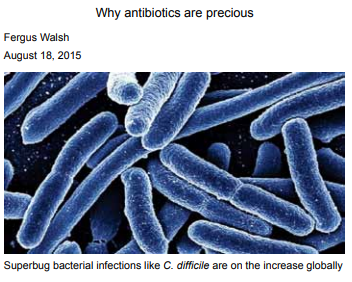Up Close With Sebastião Salgado, Brazil’s Legendary
Photographer-Activist
By Fernanda Ezabella (Folha de S.Paulo/Worldcrunch)
(Alto Xingu Indians in Central Brazil.
Sebastião Salgado/Amazonas Images)
Sebastião Salgado’s blue eyes have seen a bit of everything
in this world – and this might not even be an exaggeration. For
the past eight years in particular, the 69-year-old Brazilian
photographer has travelled to more than 30 isolated regions
of the world, collecting images of dozens of remote tribes,
endangered animals and unusual landscapes.
The Genesis project is a singular photographic journey
that began in 2004 and ended in 2012, at a cost of one million
Euros a year. The result will be shown in magazines, books, a
documentary by Wim Wenders and a series of exhibitions around
the world, each displaying some 250 black-and-white photos.
The first exhibition will open in London on April 11, with
former Brazilian President Lula – Salgado’s long-time friend –
as special guest. “We want to create a little movement around
these photos to provoke a debate on what we need to preserve,”
he says. Salgado defends environmental causes through his
organization, Instituto Terra. Even after travelling to so many
exotic places, Salgado, now living in Paris, still takes vacations
in Brazil. Here are excerpts from a conversation Salgado had
with Folha, with new details about his travels, photographic
techniques and new environmental projects.
• Coldest trip
I visited the Nenets, in the Yamal peninsula, in northern
Siberia, Russia. They are a nomadic tribe who raise reindeer in
extreme Arctic conditions. When I went there it was spring and
weather ranged between -35ºC and -45ºC. I didn’t wash myself
for 45 days. They don’t take baths because there is no water. The
only way to get water is to break off a piece of ice and warm it
in a pot.
• Frozen equipment
I used a Canon, an EOS1 Mark III, a very powerful machine.
The problem was the batteries. In the Siberian temperatures, they
quickly lost power. On average, I take 2,500 shots per battery,
but this time I could only take 300-400 photos before the battery
stopped working. I would put it inside my clothes, my assistant
would give me another one, I would take 300 more pictures and,
when that battery ran out energy, I would take out the other one
and it would work again.
• Going digital for the first time
I started Genesis with film and changed to digital. The
airport X-Ray scanners degrade the quality of film, and so I
decided to change to digital and was quite surprised. Quality
was better than the one I had with negatives in medium format.
I turned off the screen on the back of the camera, and used my
camera as I have always done. When I came back to Paris, I
printed contact sheets and edited the photos using a magnifying
glass, because I don’t know how to do it in the computer.
• Stone Ages
I met tribes that are still living in the Stone Ages, with
working tools such as stone hammers. There were clans of about
10 people living in treetops. They had already seen white people
before. They looked towards the direction I had come from and
the chief asked me whether I was part of the white people clan
that usually came from that direction. Because, for them, the
world is all made of clans.
• Brazilian arrows
I met the Zo’e tribe, in Brazil, who were first discovered
15 years ago and live in a state of total purity. You see the guy
working with an arrow. He warms it, put some weight on it, a
straight feather if he wants a quicker arrow, a rounder one to
have it slower. It is the same science as for rockets. And he’s got
the same problem as in Cape Canaveral, to recover his rockets.
If his ballistic calculations are wrong, he loses his arrow. He
takes only 10 arrows with him when he goes hunting, no more
than that.
• Activist or photographer?
Photography is my life. When I am taking photos, I am in
a deep trance. When I have my camera and am travelling with
the Nenets, it’s my life, morning to night. I have taken incredible
photos, but my life is also the environment and Instituto Terra.
(www.worldcrunch.com. Adaptado.)

















